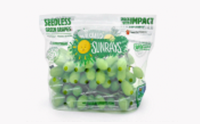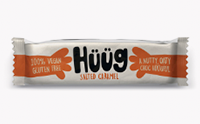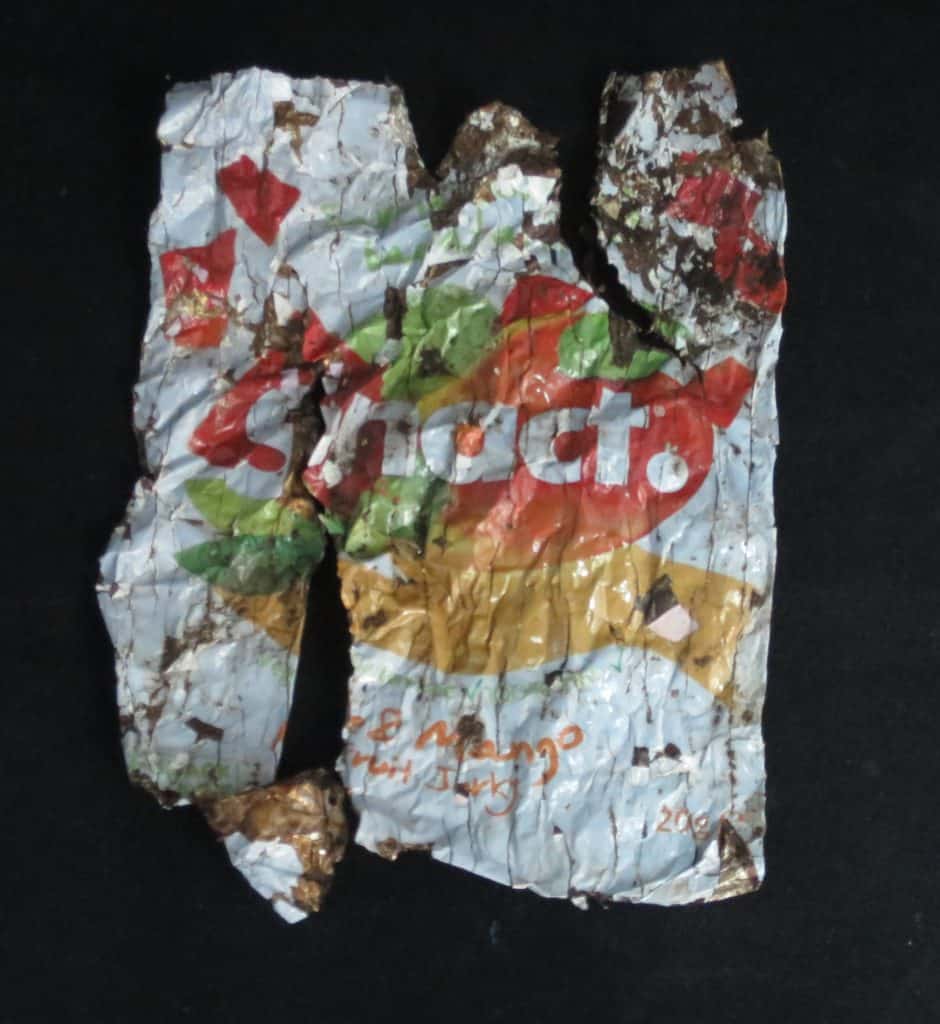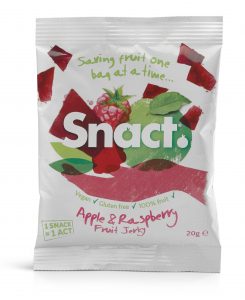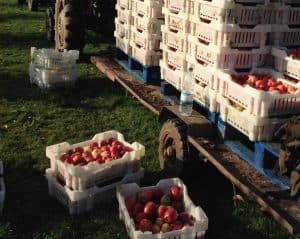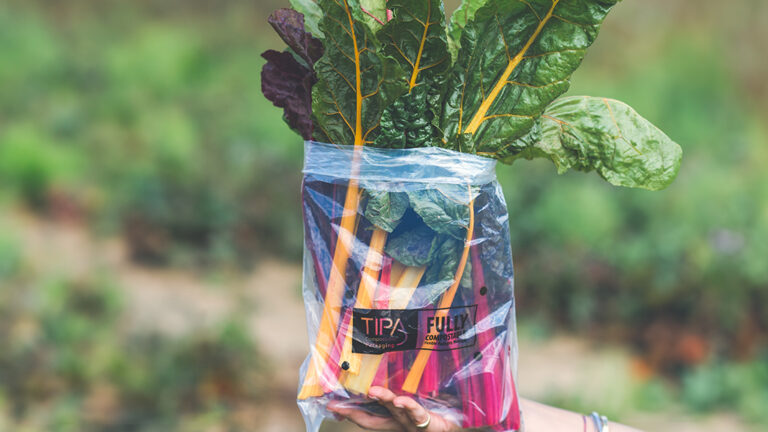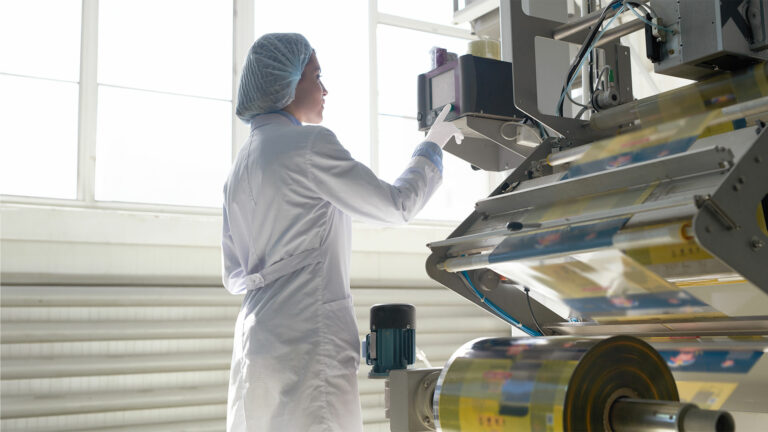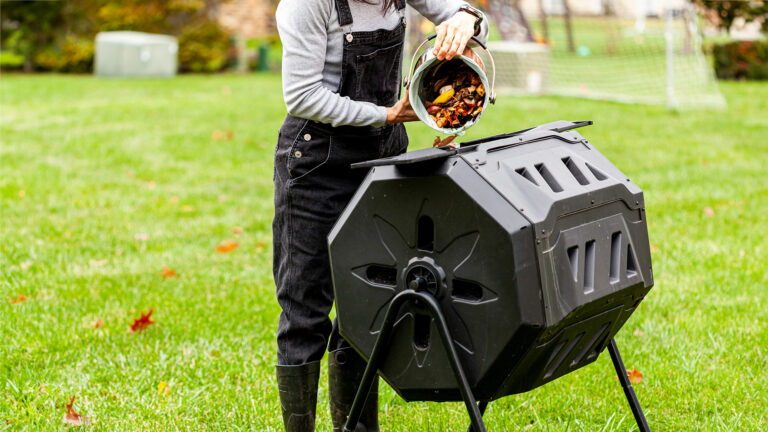Food waste is a major issue
According to the Food and Agriculture Organization (FAO), approximately one third of the food produced in the world for human consumption — approximately 1.3 billion tons — gets lost or wasted. In industrialized countries, where consumers’ behavior plays a crucial role, the food losses and wastes amounts to almost US$ 680 billion – every year!
With nowhere else to go, the food that is wasted ends up in landfill. And that is also an issue in its own right.
It is such a major issue that developing an infrastructure to support alternatives to the landfill disposal of wasted food – such as composting – is a major program in the EPA’s Sustainable Materials Management Strategic Plan for 2017-2022.
Composting addresses both food and packaging waste
The predicted growth in flexible packaging will exacerbate what has been described as the “plastic packaging industry’s greatest challenge,” since the source reduced nature of flexible packaging makes it extremely difficult to deal with in terms of traditional recycling, leaving landfill as the only end-of-life alternative.
The Sustainable Packaging Coalition (SPC) supports composting food and packaging waste together, stating that, “We believe that composting packaging and food together will allow more effective collection of waste in food service situations and provide a next life option for products like single serve coffee pods. We believe that SPC’s role is to ensure that as we develop organic infrastructure to capture food waste, we must insure that packaging is included.”
Also see the difference between recycling vs composting in this latest article.
TIPA’s perspective
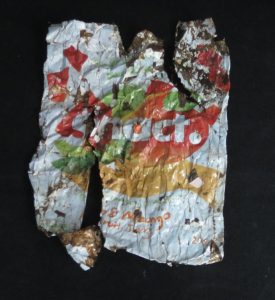
TIPA views the composting of flexible packaging with food waste as a solution to the issues around the recyclability of flexible packaging, as well as a solution to the issue of food waste. For the consumer it would make the decision of how to dispose of flexible packaging or kitchen waste really easy – both would be disposed of in the same way. Our own research at TIPA shows that 30% of consumers the U.S. and the UK indicated a preference for compostable packaging.
As Daphna Nissenbaum, CEO & Co-Founder, says, “I believe the majority of people would like to treat their packages as a natural part of their kitchen waste. Flexible packages have now become one of the most popular packaging types in the world and this continues to spread due to its supreme functional properties. TIPA’s breakthrough technology combines these same supreme properties, while enabling the packages to decompose back to nature post-usage.”
Snact use case
Snact makes an excellent use case for a creative and sustainable solution to food waste. It is the United Kingdom’s only snack producer actively working to solve issues around food waste by using surplus produce to create fruit snacks like fruit jerky.
Snact provides a unique solution to the food waste issue by producing healthy and delicious snacks from perfectly good fruit and vegetables that otherwise get rejected in the UK for being too big, too small, too ugly, or simply too abundant. In 2016 alone, Snact forecasts it will save 50 tonnes of food, which is expected to increase to 4,320 tonnes by 2020, equivalent to more than 480 London double decker buses.
By providing a healthy solution to food waste, Snact is positioning itself as the UK’s most responsible snacking option, appealing to both the ethical and health-conscious consumer markets.
Where Snact is leading, others are sure to follow – because it makes so much sense on so many levels – and particularly as Snact will soon be using compostable packaging for their products. What has come from Nature will return to Nature – with compost that can be used to add goodness to new crops.
To contact us with further enquires of how you can make your business more sustainable, contact us here. We will be happy to hear from you!









